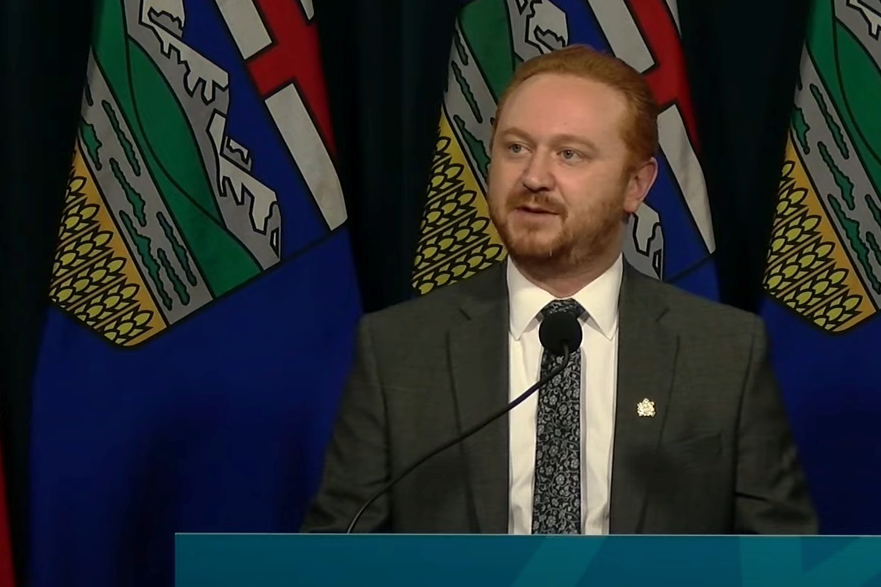The Government of Alberta is giving $1.2 million in one-time grants to community-based groups that provide access to justice outside of the formal court system.
"This grant represents an investment in the proficiency and efficacy of community-based organizations," Justice Minister Mickey Amery said during a press event on Feb. 5.
"It's an investment in the capacity and effectiveness of community based organizations with the goal of making community justice more proactive, culturally sensitive, informed and tailored to the specific needs of vulnerable Albertans."
The aim of the Alberta Community Justice Grant is to create ways to resolve criminal, family and civil disputes outside of the courts, and let communities have a say in what alternative measures are best suited to their needs, Amery said.
Registered non-profits and charities, municipalities, First Nations, Métis Nations of Alberta, or Metis Settlements, and community groups with a designated fiscal agent can apply for the grants until Feb. 29. Groups will receive between $5,000 and $25,000 to support their initiatives.
The eligibility criteria is deliberately broad, "to ensure that this grant reaches the greatest number of people and encourages the greatest number of applications," Amery said, but applicants who can demonstrate capacity in certain areas will favoured in the selection process:
- Strengthening the capabilities of community-based justice organizations, not-for-profit entities and all of the volunteer sector to provide access to justice programming, covering either the family, civil or criminal matters.
- Undertaking assessments and evaluations that enhance understanding of the scope and capabilities of current community justice programs to identify areas requiring additional attention and support.
- Empowering Albertans to identify, understand and resolve their legal issues within a community framework.
Amery said one example of successful initiatives that divert people from the courts is the use of mediation or alternative dispute resolution in family law. In his experience practicing in the area of family law, Amery said one of the biggest issues facing families is how difficult and intimidating it can be for people to deal with lawyers, judges, courtrooms.
"I am very confident that with the right mediator and the right organizations, we can address a number of issues before they ever land in court. And that is kind of the whole premise of this idea here behind these community justice grants," he said.
Empowering Indigenous communities to apply restorative justice ideas and practices is another example Amery said the grants could be used for, and an idea he is "very much behind."
"I want to push it as much as I can as well, because once again, justice is not one size fits all. The court system doesn't need to address every single issue. There are other ways that we can do this."



